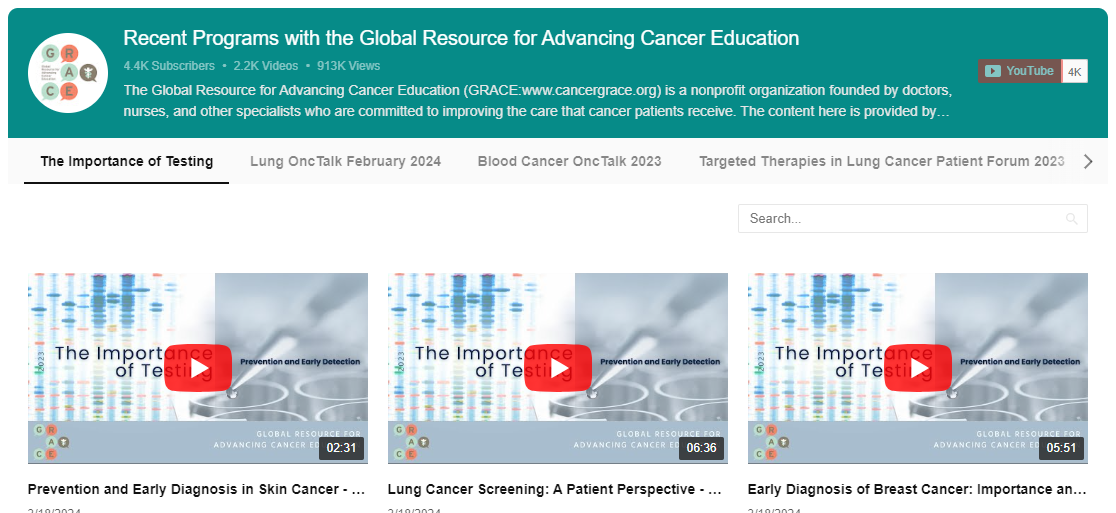Article and Video CATEGORIES

Dr. Ross Camidge, University of Colorado, describes ALK rearrangements and the characteristics of patients who most often have them.
Transcript
ALK stands for anaplastic lymphoma kinase. This is a gene which is involved in the development when we’re a little tiny embryo, and then it gets turned off when we become an adult. As an embryo, it’s involved in the development of the gut and the nervous system and a few other things. It’s silenced in most adult tissues, but it can be turned on again by what’s called a gene rearrangement. What that means is it brings in the front part of another gene which drives the expression of the previously silenced ALK, then it actually functions as something so powerful that it can actually turn a normal cell into a cancer cell.
The absolute frequency is running somewhere between 3% and 7% of lung cancer. The people who tend to have these more often tend to be people with a kind of lung cancer called adenocarcinoma of the lung — that’s what it looks like in the microscope, comes from glandular tissue. It tends to be more common in never smokers, it’s slightly more common in people who are younger than the average age of people who develop lung cancer, maybe a decade or so.
You also need to understand that all of these factors which are associated with it are not exclusive. So you can be older, you can have a history of smoking, you can have non-adenocarcinoma and still have an ALK rearrangement that may respond very well to an ALK inhibitor. So you have to understand the difference between an enrichment factor, and an absolute — "you should never test", or "always test.” For me, I test everybody unless they have a 0% chance, and that’s a very small group that has a 0% chance. Essentially I test everybody with non-small cell lung cancer.
Please feel free to offer comments and raise questions in our
discussion forums.
Forum Discussions
Hi and welcome to Grace. Wow, I don't know why you can't get in to see your doc but I'd find a way or find another doc who can walk you...
Hi Amber, Welcome to Grace. I'm so sorry you're going through this scare. It could be a recurrence. It also is as likely to be the contrast creating a better view. ...
Hi Blaze,
As much as I hate to say it, Welcome back Blaze. It sounds like you're otherwise feeling good and enjoying life which is a wonderful place to be. ...
Waiting for my appointment with oncologist this morning. Thank you for the response. It helps. <3
It sounds like you’re thinking of this in a very appropriate way. Specifically, it sounds like the growth of the nodule is rather modest, though keep in mind that the change...





Hello and welcome to Grace. I'm sorry you're worrying about this but it probably isn't cancer.
From Adenocarcinoma of the lung: from BAC to the future, "GGNs with diameter...